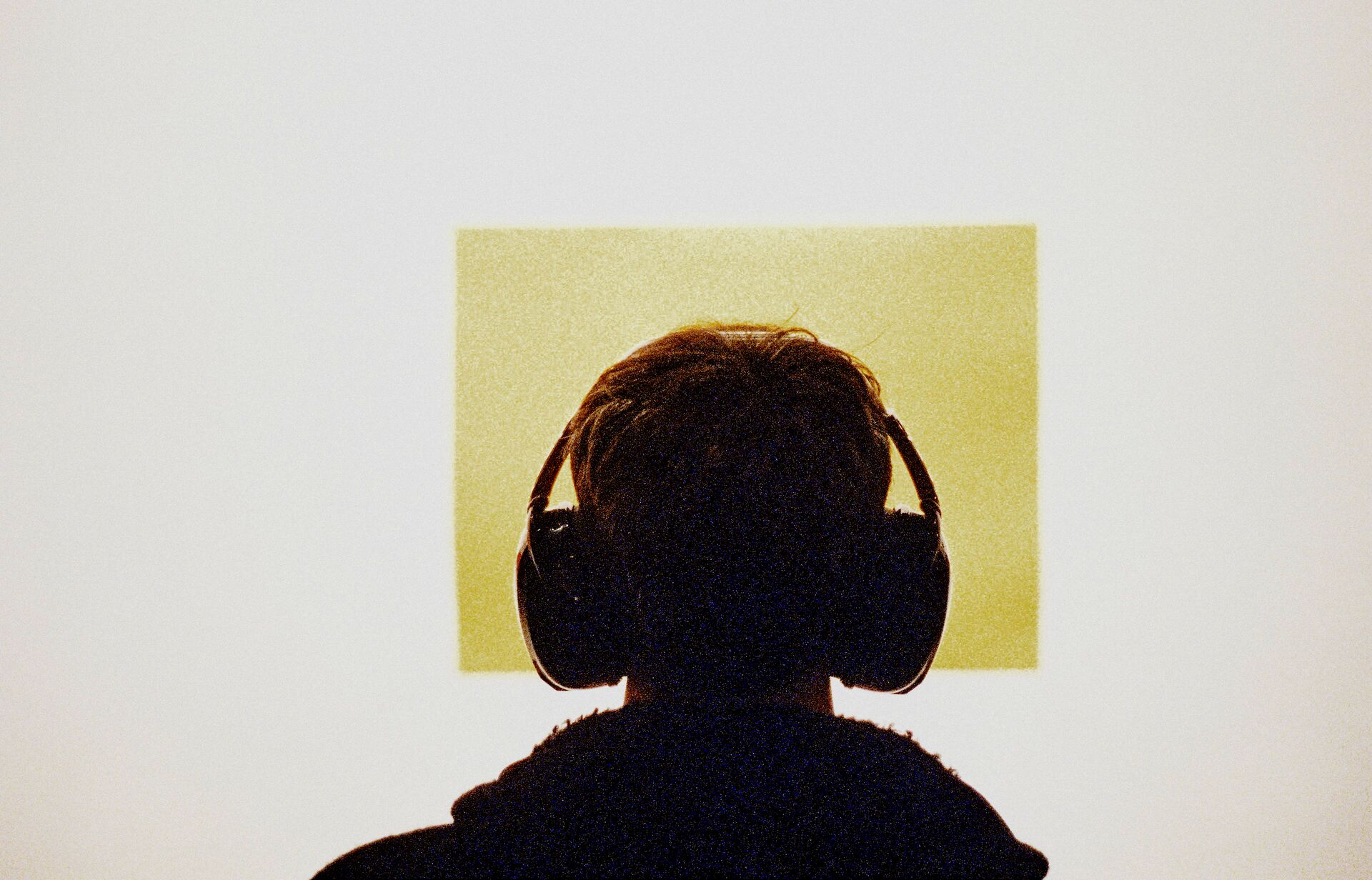Breaking the silence on break-ups.

We’re teaming up with R U OK? to share tips for helping those in your life who might be doing it tough. It’s all part of the series: When Life Happens, ask R U OK? proudly supported by ING Australia. Content warning: this article discusses mental ill-health and suicide.
How a simple ‘are you okay?’ can help
Relationship breakdowns can feel incredibly isolating. But by simply being there and asking ‘are you okay?’ you can remind someone they’re not alone.
In fact, research by Relationships Australia shows break-ups may be more common than you think, with around 38% of Australians having experienced the end of a romantic relationship, 17% a divorce and 11% a separation.
And it’s not just romantic relationship breakdowns that leave a mark. The loss of a meaningful friendship or family bond can be just as emotionally challenging and daunting.
The impact of relationships ending
Relationship breakdowns can create complex emotions that can affect someone’s mental and physical wellbeing. Relationships Australia found 36% of people report these effects still linger long after the relationship is over.
You may notice changes like social withdrawal, difficulty focusing, mood swings or disruptions to loss of sleep and appetite. This can be more significant if the separation was unexpected, complicated or involved children, financial pressures of safety concerns.
When this happens, a caring conversation can offer comfort and connection.
The power of being present and listening
If you’re thinking of reaching out to someone going through a relationship breakdown, remember you don’t need to fix everything or have all the answers.
Simply asking ‘are you okay?’ and listening without judgement can go a long way.
Let them talk at their own pace and try not to push for details or offer quick solutions. Some days, they may want to talk about it. Other days, they may not want to talk at all – and that’s okay. You’re showing you care, simply by being there.
Loss of confidence or self-worth are also common impacts of a relationship breakdown.
People may question their value or their place in other people’s lives. Offering gentle reminders of what you appreciate about them and affirming their strengths can help rebuild that confidence.
Offering practical support and encouraging healthy routines
After a significant relationship ends, everyday routines can feel overwhelming to some people. Encouraging someone to engage in regular self-care – like getting outside, eating well or doing something they enjoy – can help support their recovery and wellbeing.
In tough times, practical acts of support can be incredibly meaningful too.
If the person has children, offer to babysit so they can rest, attend an appointment or take a moment for themselves. Bringing over a meal, picking up groceries or even offering to do some light cleaning can help ease their load.
Social connection is also key. Keep inviting them to low-pressure catchups, even if they say no at first. Letting them know they’re still valued and included can be reassuring. Everyone’s different, so be guided by what they need and keep checking in.
Tip: what not to say
It’s natural to want to help by offering advice but it’s important to try to avoid giving unsolicited opinions or criticising the other people involved. So refrain from taking sides, making comparisons or sharing your own break-up stories unless they ask.
Everyone’s experience is different and what they need is someone who’ll listen without judgement.
Try not to downplay their feelings too – even if you’ve been through something similar.
When more support’s needed
It’s normal for people to feel sadness or grief during this time but keep an eye out for signs that these feelings are becoming overwhelming or long term, such as ongoing sadness, loss of interest in daily life, withdrawal from others, increased alcohol use, or expressions of hopelessness or self-harm.
Relationship breakdowns can bring financial and practical challenges too. Also, if there’s any sign of domestic violence or coercive control, it’s vital to understand separation can be the most dangerous time for that person.
So if you’re concerned someone may need more help, ask if they’re okay, listen with care and gently encourage them to seek professional support.
Men could be less likely to ask for help
Sadly, men are 4 times more likely to die by suicide than women and research shows that two-thirds of men who are struggling or in crisis don’t feel confident enough to ask for help.
So if you know a man who has recently gone through a breakup, separation or divorce, it’s essential to look out for signs that he may be struggling and ask ‘are you okay?’
Tip: it may help to ask again
Research shows 1 in 5 people who were asked if they were okay in the past year admitted they hadn’t been completely honest. So, if you’re genuinely concerned, ask again and be ready to listen without judgment.
Helpful resources
If someone you care about is struggling after a break-up or relationship change, the following services could help.
- Lifeline: lifeline.org.au/131114/
- Beyond Blue: beyondblue.org.au
- 1800RESPECT: 1800respect.org.au
- Family Relationship Advice Line: fral.org.au
- R U OK?: ruok.org.au/findhelp
- Relationships Australia: relationships.org.au
Tip: remember to take care of yourself too
Supporting others can be emotionally draining, so make sure you check in on your own wellbeing and reach out if help is needed.
ING Australia is a proud Conversation Partner of R U OK? and supporter of the When Life Happens, ask R U OK? series. For more tips to help someone having relationship challenges, visit the dedicated pages on the R U OK? website.